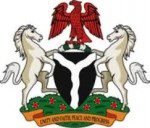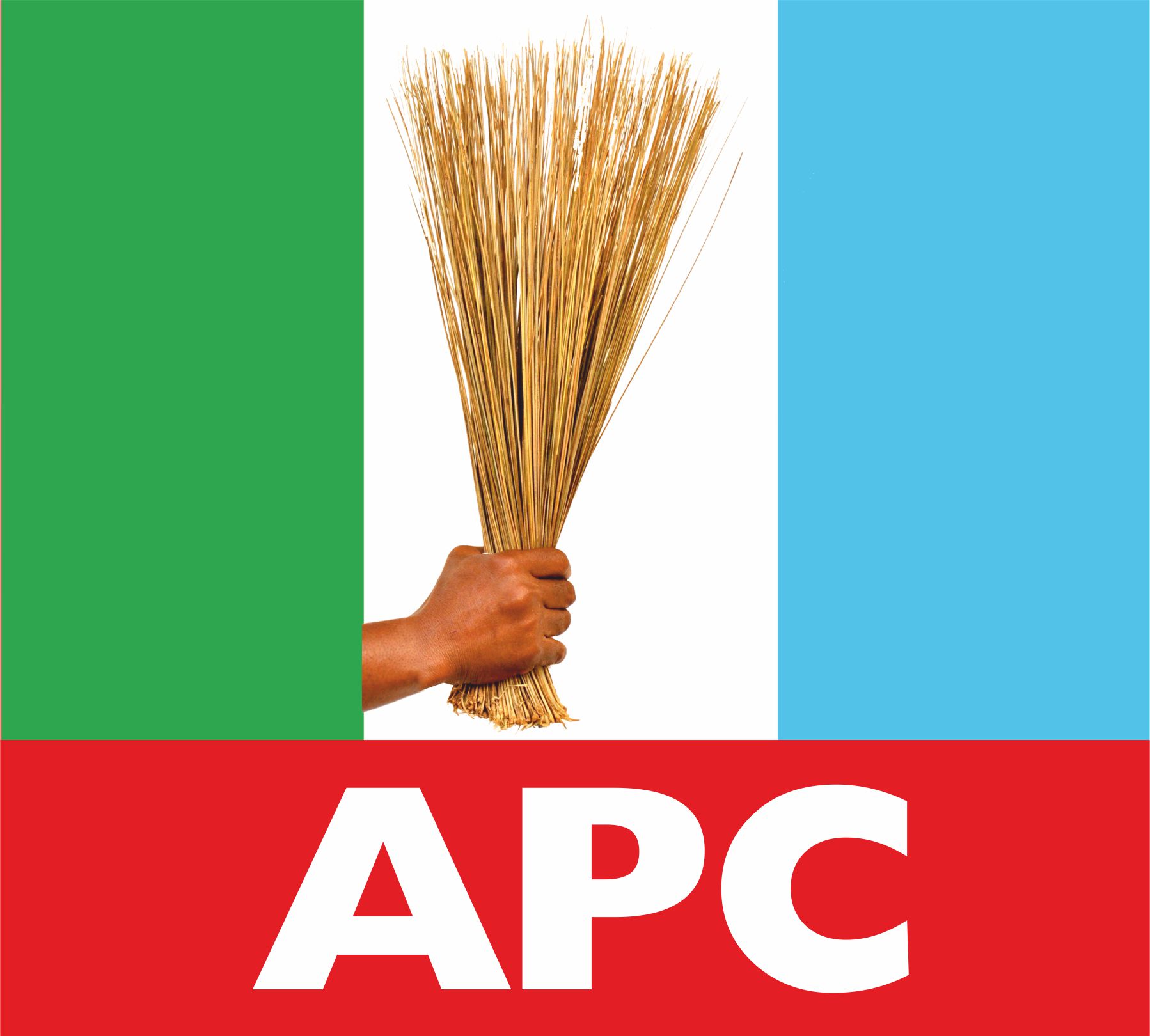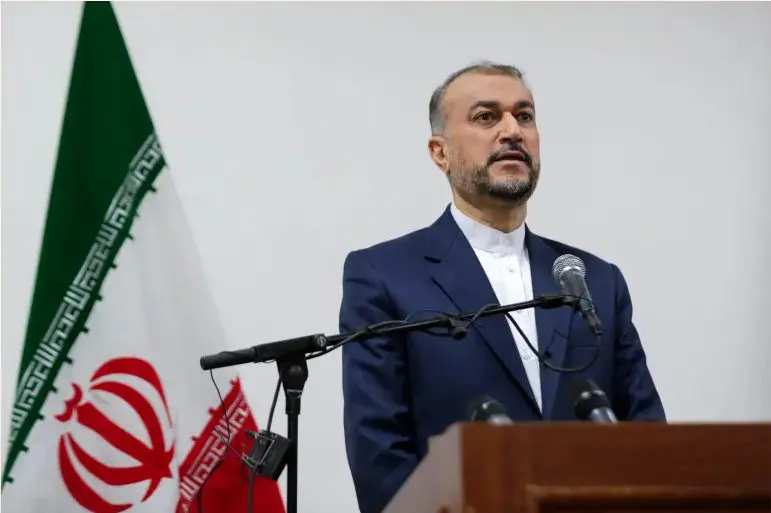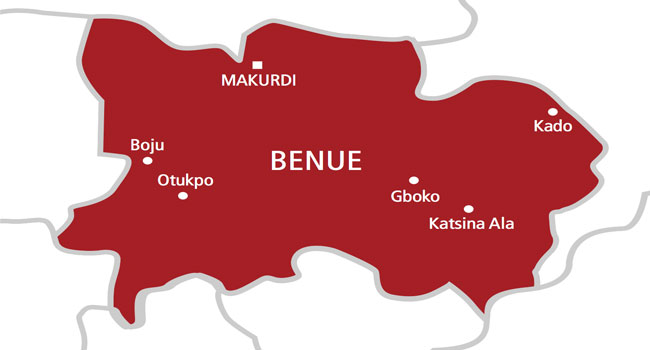Nigeria’s Beans Export Ban Is Still In Force – EU
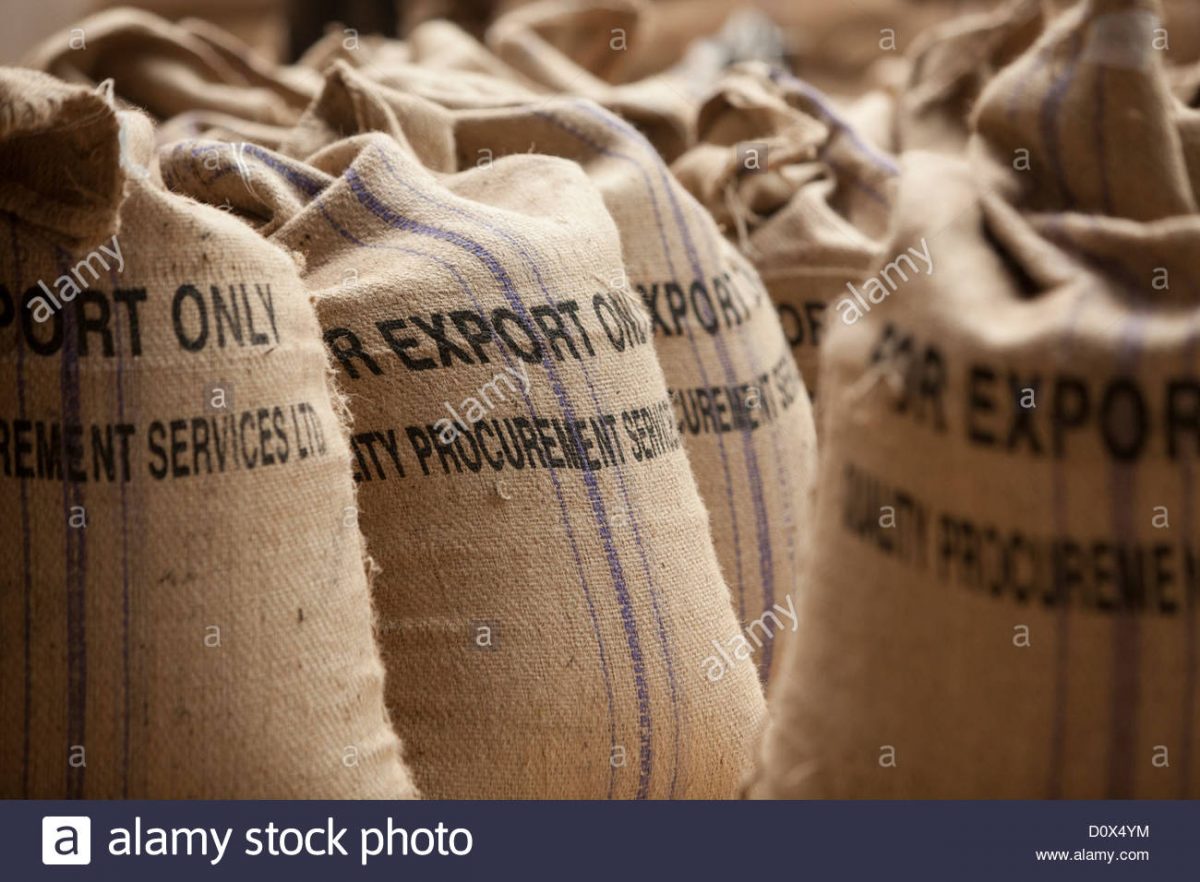

On Thursday, the European Union insisted that Nigeria must take proper risk management measures and provide required measures before it could export their dried beans to Europe.
According to the EU, Nigeria must meet specified terms before the ban will be suspended, but stated that it was supporting the strategies that would ensure the embargo is lifted.
The EU banned Nigeria from exporting beans in June 2015 on the ground that the produce contains high level of pesticide considered dangerous to human health.
Speaking at the formal presentation of the United Nations Industrial Development Organisation’s National Quality Infrastructure Programme Assisted Export Control Plan for Nigeria on Zero Reject in Abuja, the Head of Trade and Economics Section, EU Delegation, Mr. Filipe Amato, stated that the EU welcomed the efforts of the Federal Government in ensuring quality and safety of agricultural commodities.
He said, “The European Commission’s regulation that suspended the import into the EU of dried beans from Nigeria clearly states that Nigeria has to implement appropriate risk management measures and provide required guarantees. The EU, through the National Quality Infrastructure Programme implemented by UNIDO, has supported the process since 2016.
“This support has been in multiple ways, which include the establishment of a full chain management system, the conduit of excellence, a value chain diagnostic to address the concerns raised by the director-general, health and food safety; support to the inter-ministerial committee; and support to the visit of the Senate Health Committee to Europe in 2016.”
Amato, who disclosed this at the Federal Ministry of Agriculture and Rural Development, added, “Others include workshops for farmers/producers/processors on standard operating procedures for dried beans and support to prepare the export control plan.
“Ultimately, it will be the DG of Health and Food Safety that will decide if the conditions are met to lift the ban once the integrated export control plan will be formally submitted for his attention. The support of the NQIP will continue until July of this year.”
The Minister of Agriculture and Rural Development, who doubles as the Co-Chairman of the UNIDO-NQIP Committee, Chief Audu Ogbeh, stated that the world was being driven by trade and Nigeria must get it right when it comes to the exportation of agricultural produce.
“It is not only about export but the quality of produce that we export and what we eat. We poison ourselves a lot by what we eat. This assignment is far more serious than the idea of produce export, because we must ensure that what we eat and export is safe for our health and the health of other people,” he said.


